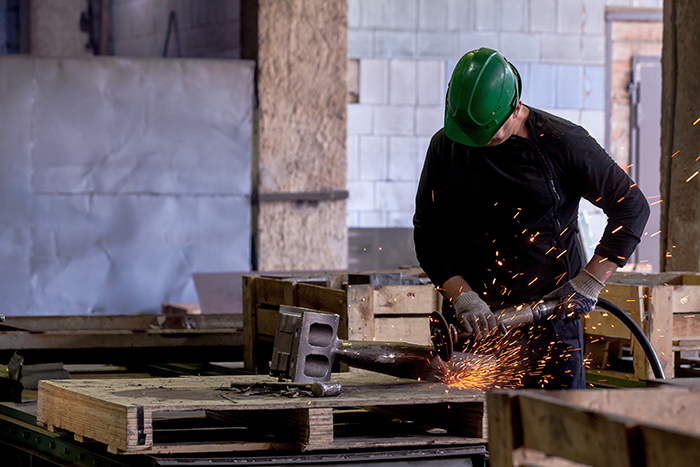Industry decarbonisation pathways - Iron & steel value chains, Cement built environment & value chains, Corporate charter

The objective of the project is to accelerate transition of Indian industry sector to a low carbon pathway by an integrated approach which focuses on decarbonizing the energy intensive industries (steel, cement) including associated value chains
As per IPCC, the world is heading for warmer climate and higher sea levels. The impact of climate change has become more palpable in recent years leaving no room for cynicism. Removal of fossil fuels from production processes is not an easy task for a developing country like India that relies heavily on coal for heavy industries like iron & steel and cement.
To achieve the transition to a low carbon pathway for Indian industry sector, a combination of technologies and policy instruments will be needed. These range from large-scale deployment of currently commercial technologies and practices like energy efficiency, renewables, and circular economy solutions, in the short term, to deep decarbonization solutions, accelerating R&D and innovation in the long term. On the policy side, the project will facilitate support for transition to low carbon pathways by developing low/near zero emission roadmaps, in-depth studies and policy briefs, and standards/taxonomy for green materials.
The project has three-pronged strategy with a focus on the following:
- Accelerating the adoption low carbon technologies and practices, resource efficiency and circularity
- Strengthening collaboration with government, corporates, and financial institutions; and
- Facilitate knowledge sharing and promoting networks through dialogues and meetings, both at the national and international levels.
The project focuses on key energy-intensive and GHG emitting industrial sectors like steel and cement in India as well as building collaborations with companies across the supply chain. Sector-specific and cross-cutting decarbonization activities integrating technologies, policies, financing and capacity building will be undertaken to bring about change. The industrial decarbonization technologies that are innovative and not yet commercial are considered for the medium and long term, including the actions and policy support needed in the near term to reach commercial status. Project focuses on detailing the financing and policy needs of key sectors and supply chains for accelerating the adoption of decarbonization technologies in the short, medium and long term.
The target group of the project is categorized under four broad categories:
- Iron and steel manufacturing industry which includes entire manufacturing supply chain - primary steel producers and secondary steel producers as well as end-users of steel.
- Cement manufacturing and built environment stakeholders including cement producers, intermediate users, and end users.
- Other industry sectors including SMEs.
- Policymakers both at the central and state levels, bilateral and multilateral organizations/initiatives, and financing institutions.
TERI is also supporting the government departments both at the central and state government levels in their efforts at decarbonizing the industry sector through studies, dialogues and participation in meetings & conferences. Partnerships also forge with likeminded international actors working in the space of industry decarbonization.
